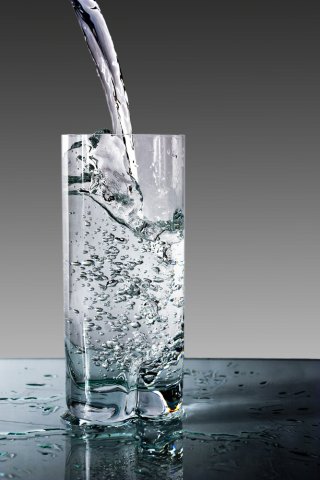Lead Service Line Identification and Replacement Webinar
About the Webinar

Watch the webinar (May 24, 2022)
Small Drinking Water Systems Webinar Series
Presentation 1: Tools for Lead Service Line Identification
This presentation summarizes methods for lead service line identification, including records screening, basic visual examination of indoor plumbing, tailored water sampling, excavation, and other alternatives. It offers a qualitative comparison of method cost, accuracy, disturbance, and other impacts, as well as an example stepwise approach to identify unknown service line materials.
Presentation 2: Lead Service Line Replacement Eligibilities Under the Drinking Water State Revolving Fund and Bipartisan Infrastructure Law
The Drinking Water State Revolving Fund (DWSRF) is a federal-state program that provides funding and financing to public water systems for a wide range of drinking water infrastructure projects and activities. This presentation provides an overview of the DWSRF, explain DWSRF eligibilities related to lead service lines, and discuss opportunities for lead service line replacement under the Bipartisan Infrastructure Law.
About the Presenters
Presenter 1: Simoni Triantafyllidou
Simoni is an Environmental Engineer with EPA’s Office of Research and Development. She conducts research on metallic corrosion and inorganic contamination of drinking water, spanning the fields of aquatic chemistry, corrosion science, drinking water treatment, sustainable drinking water infrastructure (e.g.premise plumbing/distribution systems) and public health. Simoni holds a Master of Science and Ph.D. in environmental engineering from Virginia Tech.
Presenter 2: Dallas Shattuck
Dallas is a Physical Scientist in EPA’s Office of Water and is part of the Drinking Water State Revolving Fund (DWSRF) team where she helps with program implementation, technical assistance, training, and oversight. Previously, Dallas worked with EPA’s DWSRF team as an Oak Ridge Institute for Science and Education Research participant. Dallas has a master’s degree in Environmental Resource Policy from George Washington University in Washington, D.C and Bachelor of Science degrees in Chemistry and Criminal Justice from Saint Francis University in Pennsylvania.
